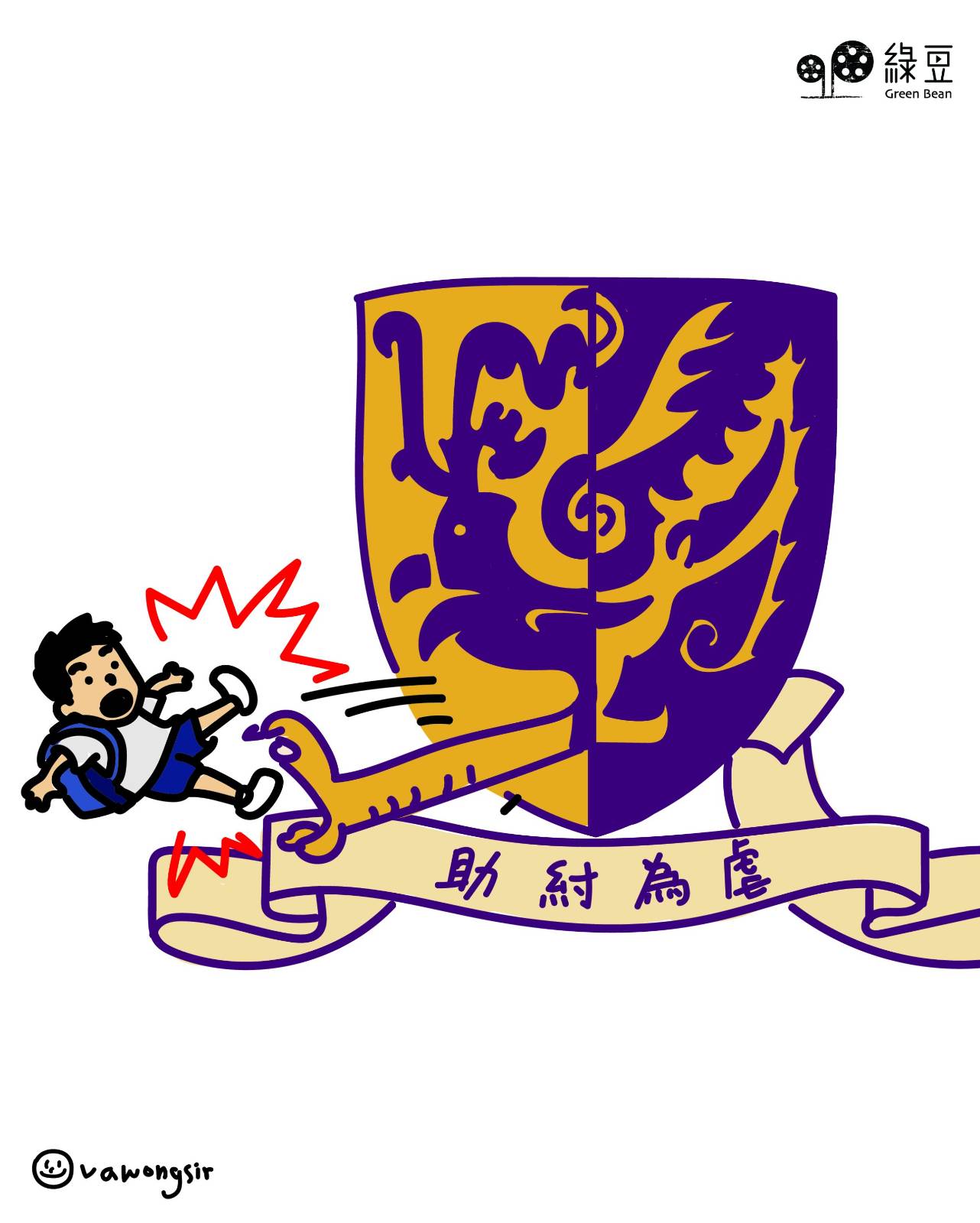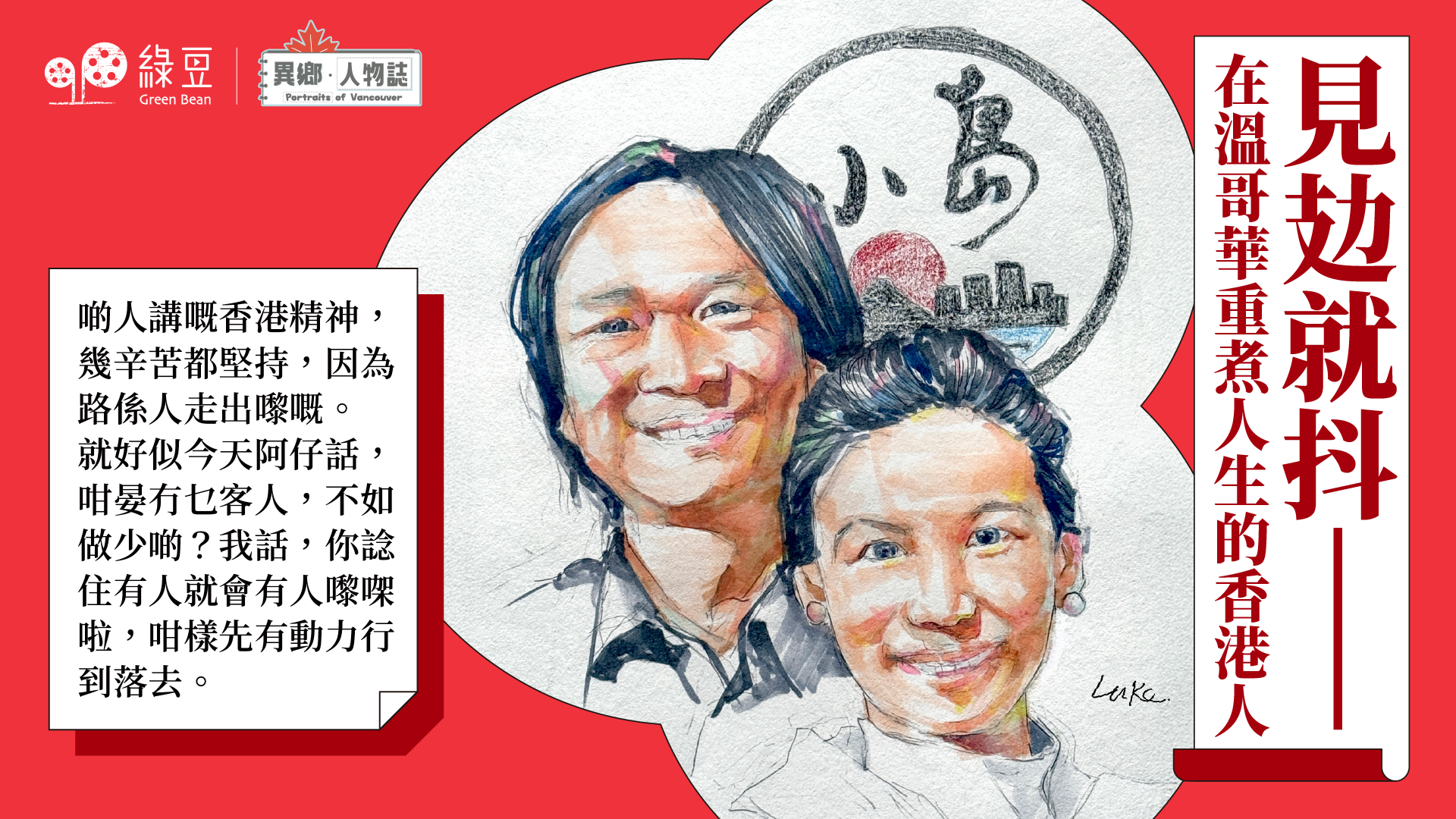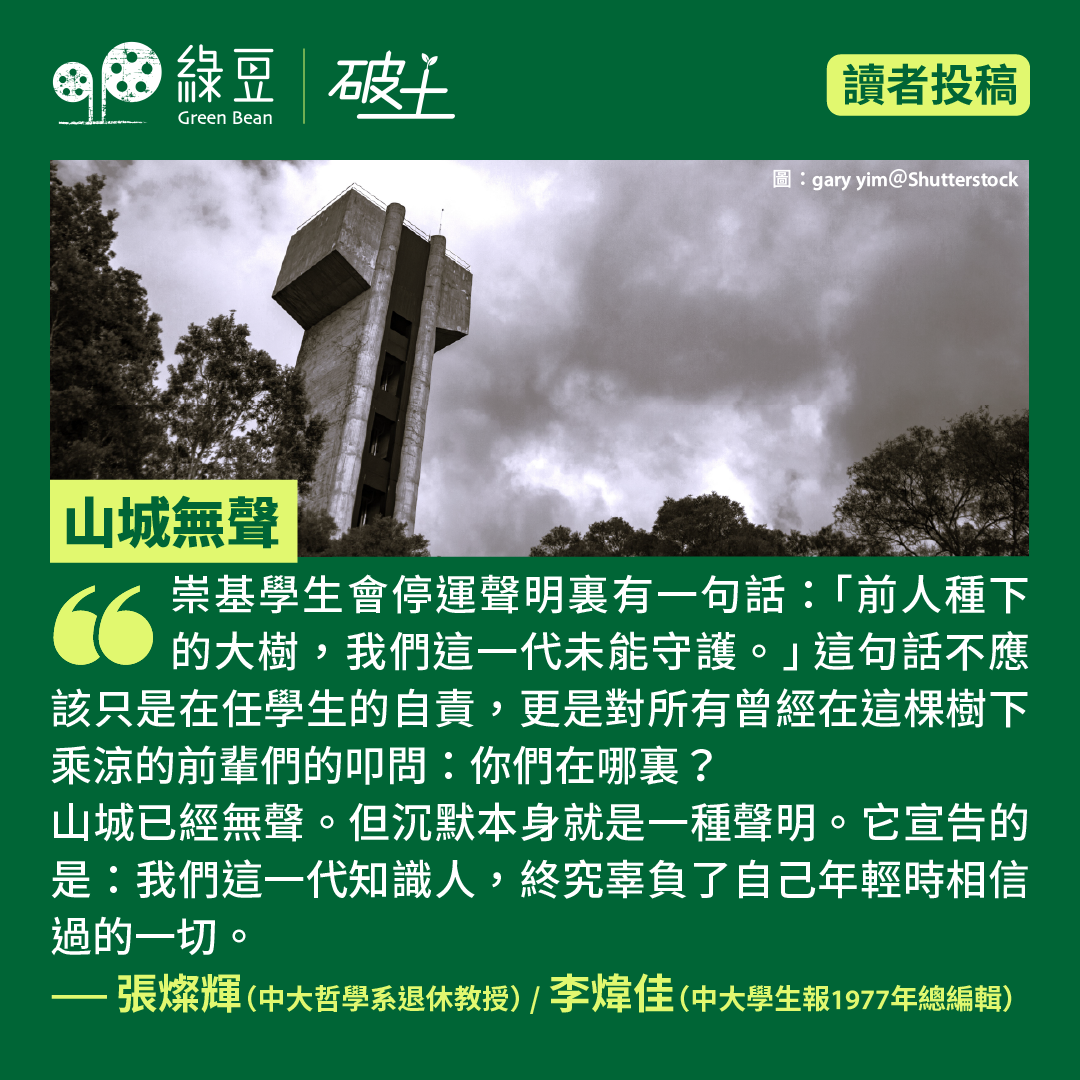No fun at water-splashing festival

Even before the Government was scheduled to kick off a “Happy Hong Kong” campaign last week (now postponed due to Beijing official Xia Baolong’s visit), Hongkongers could not wait to join the local Thai community to share the fun of the annual Songkran Festival, or water-splashing festival, celebration in Kowloon city on April 9. More than 10,000 people turned up.
An event organiser told reporters: “You can see from the faces of the people, they are all smiling.”
Not everyone smiled after the celebration caused a stir in some quarters of the society.
On April 12, Police arrested two men on suspicion of disorderly conduct after they allegedly soaked officers and reporters with a water gun at a short range at the Thai celebration.
Cheung Lok-chuen, a chief inspector in Kowloon City, shortly after the arrest: “It was originally a fun event for everyone, but some individuals had ulterior motives to target the police officers who maintained order and other participants at the scene.” He added that the acts aimed at breaching public peace could have been planned.
Media quoted police source as saying the younger suspect is the Youtuber behind “Bravedogdog” channel, where a footage of the soaking of police officers and reporters was posted.
Whether their acts constituted disorderly conduct will be the subject of court ruling if the two men are formally charged. It is difficult to tell at this stage.
But the unhappy episode that unfolded after the happy moments at the festival has shed some light on the prevalence of hardline thinking in the political circle and society at large about what they perceived as threats to social order and national security.
Scenes of the soaking of police officers, which had been widely covered in mainstream and social media on Sunday, were the subject of a hard-hitting commentary written by Chris Wat Wing-yin, a highly popular commentator in the pro-Beijing circle, on her regular column in Ta Kung Pao on Wednesday.
Headline “Being vigilant to sleeping volcano,” Wat claimed the acts of the group, who called themselves “Hong Kong new order,” have already breached the laws on public order and sedition.
She wrote: “Some people said there is no need to feel panic because black violence is over and that Hong Kong has returned to peace. Let’s be realistic. Black violence is done. But will hatred be gone? Like a sleeping volcano, dark force is just sleeping or pretending to be sleeping. It will make a comeback when an opportunity arises.”
She is not alone in the pro-Beijing circle – and indeed widely read.
Speaking at a Legislative Council legal affairs panel meeting on Wednesday, panel chairman Leung Mei-fun cited the soaking incident to ask security minister Chris Tang about how to plug loopholes in national security through the Article 23 legislation.
Without commenting directly on the arrest, Tang reiterated there are still some people using media and culture as a channel to mount “soft resistance” against the authorities. “(Those people) deliberately or unintentionally make accusations and smear against the country, incite people to show their discontent with the Government and the nation.”
The notion of “soft resistance” has been repeatedly alluded to by Tang, Chief Executive John Lee and Police chief in the past two years as part of their relentless, multi-front battle against what they deemed as threats to national security.
If anything, “soft resistance” reflects a feeling of public discontent and disapproval towards the authorities, systems or policies being vented out in different forms or channels directly or indirectly.
And if there is a feeling of hatred towards the Government among the populace, it is only sensible for the Government to find out the source/s of hatred and act to dispel their animosity.
Over the past two years or so, there have been conflicting messages emanating from the corridors of power and the pro-government circle, saying the city has returned to normalcy and peace and order and that there are still threats to national security and “soft resistance”.
Behind the contradictory remarks is their self-recognition of the plain truth that the root causes of discontent stemmed from the 2019 social unrest have not been resolved. As long as they are left unresolved, someone will feel panic when they see smoke – and water.
▌[At Large] About the Author
Chris Yeung is a veteran journalist, a founder and chief writer of the now-disbanded CitizenNews; he now runs a daily news commentary channel on Youtube. He had formerly worked with the South China Morning Post and the Hong Kong Economic Journal.





